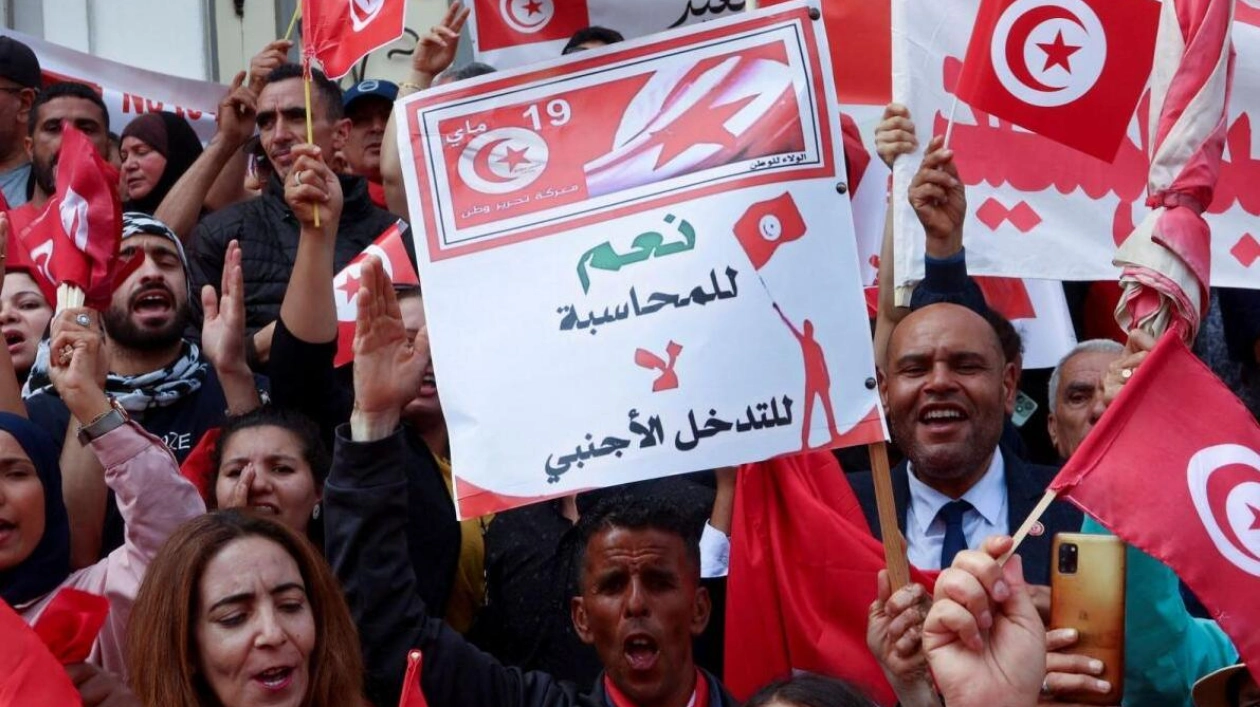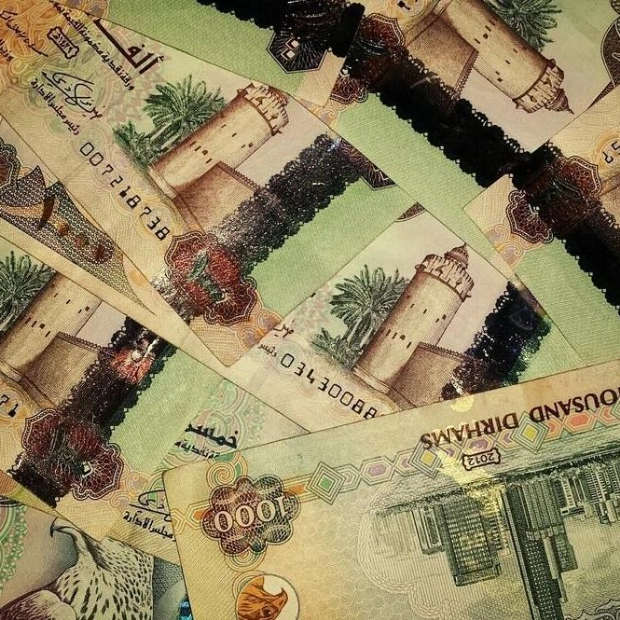Tunisian President Kais Saied dismissed his prime minister, Ahmed Hachani, without providing any explanation on Wednesday and appointed Social Affairs Minister Kamel Madouri as his replacement, as stated by his office. Hachani assumed office on August 1 of the previous year, succeeding Najla Bouden, who was also removed without a clear reason by Saied. Madouri, who had just taken over the social affairs portfolio in May, was shown in a social media post from Saied's office shaking hands with the president, accompanied by a brief statement indicating that Saied had "decided to assign him to head the government, succeeding Mr. Ahmed Hachani". Saied, 66, who was democratically elected in 2019, has since consolidated his power significantly in 2021 and is now campaigning for another term in the upcoming elections on October 6. He officially registered his candidacy on Monday, amidst allegations that some potential challengers are being prevented from running, including through legal action and imprisonment. Following his registration, Saied described his candidacy as part of "a war of liberation and self-determination" aimed at "establishing a new republic". In his efforts to centralize power, Saied revised Tunisia's constitution in 2022 to establish a presidential system with a parliament possessing very limited powers. On the same day, Abir Moussi, a prominent opposition figure and former member of parliament who has been incarcerated since October, was sentenced to two years in prison under a "false news" law, shortly after her lawyers reportedly filed her candidacy. Media personality Nizar Chaari also received an eight-month sentence, following the arrest of three campaign staff members on suspicion of signature forgery. Other incarcerated potential candidates include Issam Chebbi, leader of the centrist Al Joumhouri party, and Ghazi Chaouchi, head of the social-democratic Democratic Current party, both detained for "plotting against the state". These two are among over 20 of Saied's opponents who have been arrested since February 2023. Other potential candidates, such as Mondher Zenaidi and rapper-turned-businessman Karim Gharbi, claim they have been informally barred from running because authorities have refused to provide them with a clean criminal record, a requirement for election registration. Retired admiral Kamel Akrout, one of these candidates, stated that his record was withheld because the job title on his national ID card was outdated. "The ruling authority has decided to exclude every opposing voice" and "move towards an undemocratic system", Akrout commented. Last month, Amnesty International Secretary General Agnes Callamard noted that since Saied's power grab, "violations that we thought part of Tunisia's past are becoming more and more discernible and systematic". However, Saied refuted claims that his government is suppressing critical voices, stating that "whoever talks about restrictions is delusional".

Text: Lara Palmer
08.08.2024
Saied replaces Prime Minister Hachani with Madouri and tightens grip on power ahead of elections





